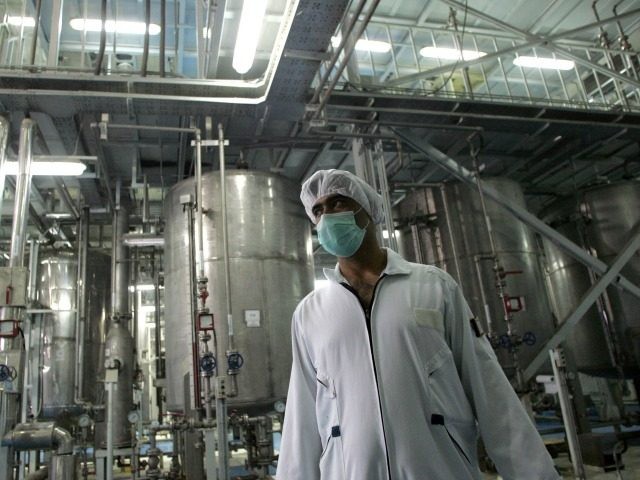TEL AVIV — The danger posed by Iran to Israel and other Middle East countries is growing, Mossad chief Yossi Cohen told Israeli government ministers in a security assessment he gave at the government’s weekly cabinet meeting on Sunday.
“Israel is identifying not only presence by Iran and Hezbollah but by non-Iranian Shiite forces from all around the world, making their way to the region. The number one mission is to stop this,” Cohen said, according to a senior government clerk who was present in the meeting, which is not open to the media.
The Iranian issue reportedly dominated the session. Cohen spoke of the ceasefire agreement announced by the U.S. and Russia in Syria last month, and of the fact that Israel’s demand that the agreement include a clause obligating Shiite and Iranian forces to retreat from the area was ignored.
“Israel’s aspirations have yet to be internalized by the American side,” he said.
In addition, Iran has not let go of its nuclear aspirations and the nuclear deal reached between world powers and the Islamic Republic has only served to increase this trend, Cohen said, according to a report at the Walla news website.
Ever since the deal was signed Iran has been experiencing economic growth. New treaties strengthening the Iranian economy continue to be signed.
“The big thing is the Shiite crescent created from Iran through Baghdad and Damascus until Lebanon, and the Shiite grasp of the space,” Cohen was quoted by the official as saying. The Mossad chief further said that the greatest power influencing policy in the Middle East is the U.S., and Israel must use the opportunity presented by the Trump administration to make ties between Israel and the U.S. closer.
A statement issued by the Prime Minister’s Office said that Cohen “demonstrated that the central process taking place today in the Middle East is the spread of Iran through Iranian forces and local proxies based in Syria, Lebanon, Iraq and Yemen.”
“In places where the presence of Islamic State diminishes, Iran works to fill the gap.”
Netanyahu attended a ceremony in Ashdod later on Sunday and there he referred to Cohen’s comments.
“Today we received a review by the head of Mossad on the security challenges we face,” Netanyahu said, according to the Ynet news website. “I will give a summary – one sentence – Islamic State withdraws, Iran enters. Simple. I speak mainly of Syria.”
“Our policy is clear,” Netanyahu added. “We strongly oppose Iran and its proxies, mainly Hezbollah, basing themselves in Syria, and we will do whatever is necessary to safeguard the security of Israel. This is how we act.”

COMMENTS
Please let us know if you're having issues with commenting.